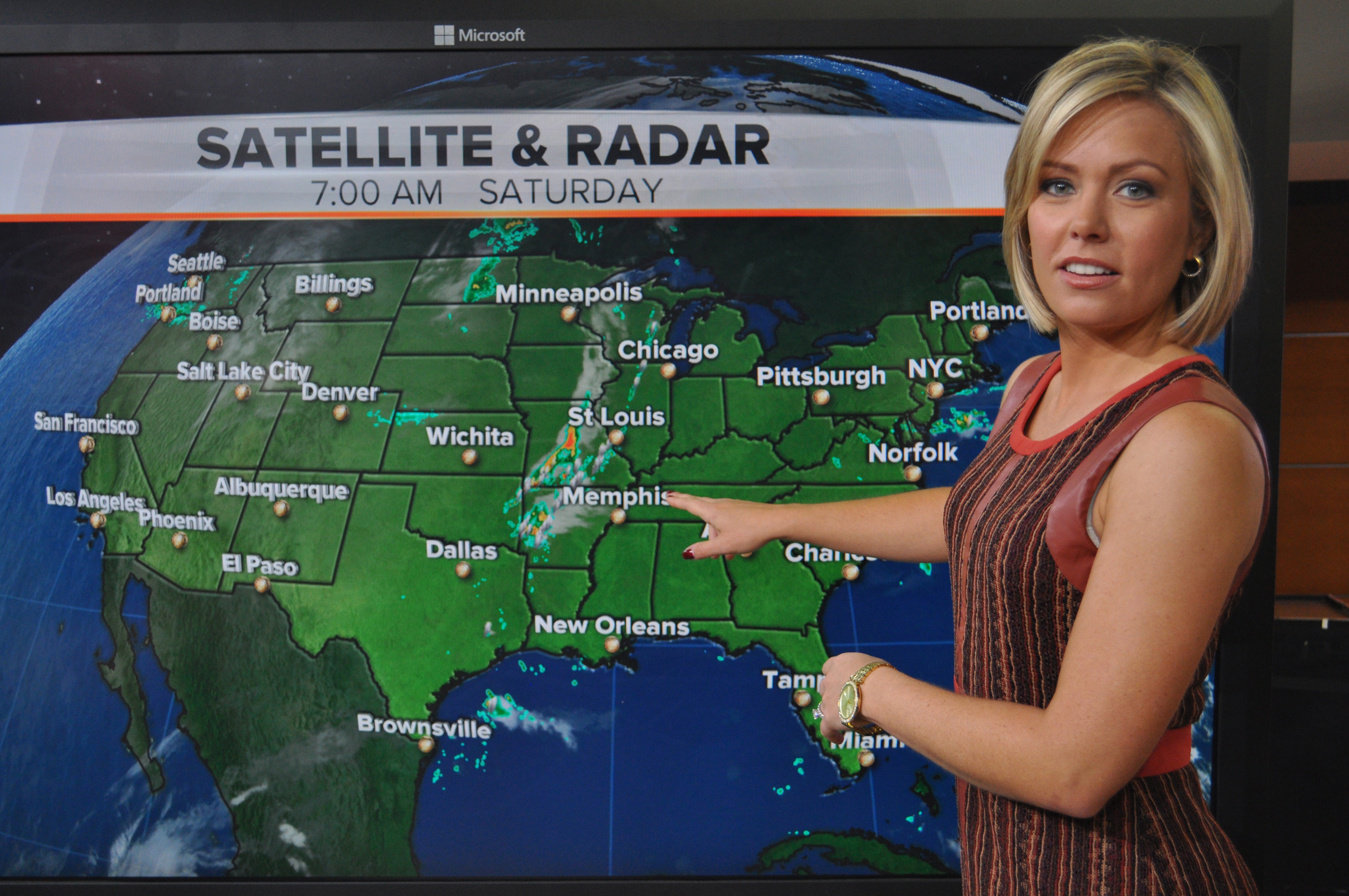
Atmospheric convection to refine knowledge of the structure and forces involved in tropical cyclones, thunderstorms and mid-latitude storms.Air quality where they are interested in the phenomena of transport, transformation and dispersion of atmospheric pollutants and may be called upon to design scenarios for the reduction of polluting emissions.

Climatology to estimate the various components of the climate and their variability to determine, for example, the wind potential of a given region or global warming.Research meteorologists are specialized in areas like: Operational meteorologist at the US Storm Prediction Center, 2006
#METEOROLOGIST FULL#
Their knowledge of applied mathematics and physics allows them to understand the full range of atmospheric phenomena, from snowflake formation to the Earth's general climate. Meteorologists study the Earth's atmosphere and its interactions with the Earth's surface, the oceans and the biosphere. They are not to be confused with weather presenters, who present the weather forecast in the media and range in training from journalists having just minimal training in meteorology to full fledged meteorologists. Meteorologists work in government agencies, private consulting and research services, industrial enterprises, utilities, radio and television stations, and in education. Those who study meteorological phenomena are meteorologists in research, while those using mathematical models and knowledge to prepare daily weather forecasts are called weather forecasters or operational meteorologists.


A meteorologist is a scientist who studies and works in the field of meteorology aiming to understand or predict Earth's atmospheric phenomena including the weather.


 0 kommentar(er)
0 kommentar(er)
